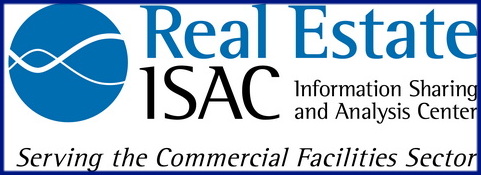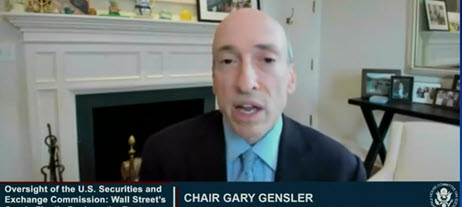
The U.S. Securities and Exchange Commission (SEC) issued an anticipated proposed rule on March 21 regarding the reporting and disclosure of material corporate financial risks related to climate change. (GlobeSt, March 22 and Roundtable Fact Sheet, March 25)
Expanded Climate Disclosures
- The proposed rule has no immediate effect. If it is finalized, the action would require all SEC registered companies to quantify their greenhouse gas (GHG) emissions, assess the economic impact of rising sea levels relating to their assets, and report to investors on these and other climate-related risks through annual 10-Ks and additional filings. (SEC News Release | Proposed Rule | Fact Sheet, March 22)
- Release of the proposal triggers a public comment period, with stakeholder input due to the SEC around May 20, 2022. Themes raised by The Real Estate Roundtable in pre-rulemaking comments submitted last year will likely be raised again in this latest round of public input. (Roundtable Weekly, June 11, 2022)
- The SEC’s proposal, titled “Enhancement and Standardization of Climate-Related Disclosures for Investors,” is considered a key component of the Biden Administration’s efforts to cut U.S. greenhouse gas emissions by as much as 52% (below 2005 levels) by 2030. (CBS-AP | Bloomberg | Axios, March 21)
Scope 3 “Safe Harbor”

- A Real Estate Roundtable Fact Sheet provides a summary of the 510-page SEC proposal, including the following elements:
- All companies registered with the SEC would be required to report and quantify Scope 1 and Scope 2 GHG emissions each year. Scope 1 and 2 reporting would require registrants to define and disclose how they determine their “organizational” and “operational” boundaries.
- SEC registrants would report on Scope 3 “indirect” emissions in their supply chain if the company has announced a Scope 3 reduction goal – or if investors would deem the registrant’s Scope 3 emissions to be “material.”
- The SEC proposes a “safe harbor” for Scope 3 disclosures related to certain liabilities covered by federal securities law.
- Independent 3rd party assurances would be required for Scope 1 and 2 disclosures, but not for Scope 3.
- Registrants should report on climate targets or goals they set for themselves, their energy efficiency investments, and whether they purchase Renewable Energy Certificates (RECs) or carbon offsets to meet their GHG goals.
- Registrants would also need to report on material “physical risks” to buildings and other assets from climate change – such as those caused by extreme weather, droughts, and coastal flooding.
- Compliance would start with SEC filings in 2024 for the biggest registrants and phase-in for other companies. (Roundtable Fact Sheet)
EPA’s GHG Emissions Calculator for Buildings
- In related news, the Environmental Protection Agency (EPA) formally released this week its new ENERGY STAR Building Emissions Calculator.
- Key EPA staff recently demonstrated the new calculator for The Roundtable’s Sustainability Policy Advisory Committee (SPAC). [EPA’s step-by-step User’s Guide and other reference materials]
- The Building Emissions Calculator expands upon the industry-standard Portfolio Manager tool widely used to benchmark energy usage in buildings. The new offering goes to the next level by allowing owners and managers to estimate historical, current, and future annual GHG emissions resulting from buildings’ energy use.
The Building Emissions Calculator has important potential to assist owners as they strive to comply with state and local building performance standards. EPA’s new calculator can also help real estate companies registered with the SEC to quantify and report on their GHG emissions should the commission’s investor disclosure proposed rule take final shape.
# # #











